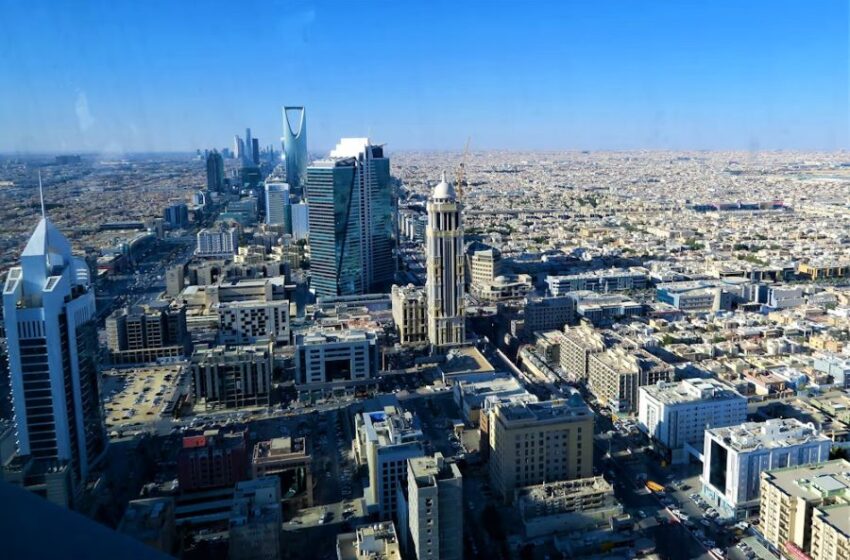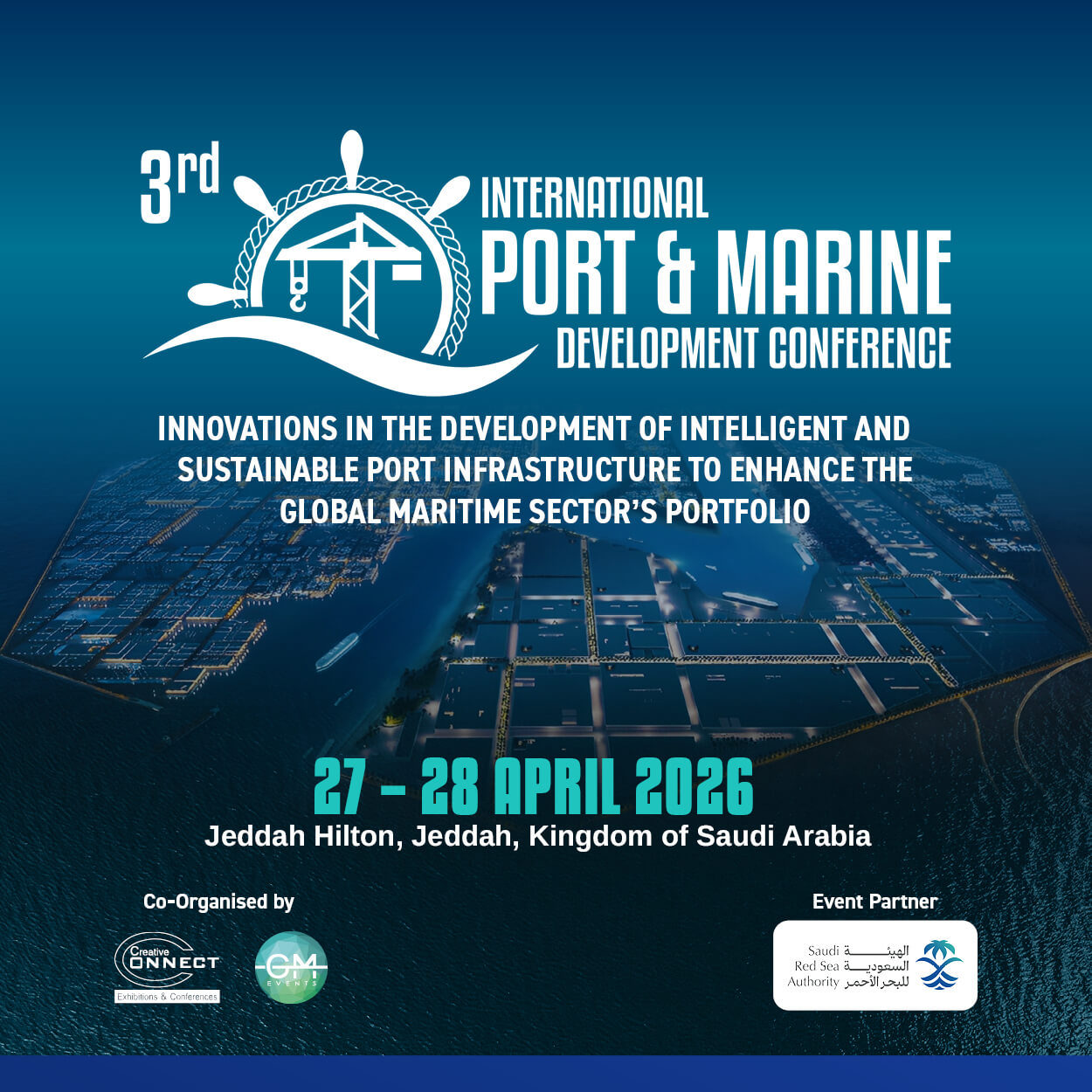
Saudi Arabia Ranked Third in MENA Start-Up Ecosystem
The start-up scene in Saudi Arabia, which is in the midst of an active transition from an oil economy to a digital economy that is more open and integrated with the world, witnessed an increase in 2024 and jumped one spot from the previous year, outranking Egypt.
The Kingdom has been ranked third in the Middle East and 65th globally, according to StartupBlink, a global innovation economy research platform that provides public sector ecosystem developers, corporate start-up programs, multilateral organisations, and researchers with the knowledge and tools to map, brand, and accelerate innovation.
From 2020 to 2024, Saudi Arabia made the biggest climb in global rankings among Middle Eastern countries, going up by 23 spot and the Kingdom was followed by the UAE which jumped 20 spots. Even more impressive, in 2023, Saudi Arabia saw a 14% increase in start-up funding, along with strong performance in jobs created by start-ups, unicorns, and exits.
On the funding side, the Kingdom supports start-ups that are looking to grow with funds worth $2.4 billion collectively. Some of the firms deploying these funds are Merak Capital, Shorooq Partners, and several local banks to support the scaling of start-ups in the country.
Another investor, the government-owned Saudi Venture Capital, supports the ecosystem with direct investments to funds and co-investments in start-ups.
The country already has the largest technology market in the Arab MENA region and is a regional leader in technology talent, with jobs in the technology sector and with a rising rate of participation of women in the ICT industry.
As with all transitions, time is required to change prevailing mind sets and encourage more of the local population to take risks and build start-ups. Saudi Arabia may find that women, who are now gaining unprecedented rights and opportunities in the country, are ready to embrace entrepreneurship.
Recently, however, the Saudi government has been focusing on increasing economic diversification by developing the private sector and increasing inclusion. By the end of 2023, these efforts to diversify the economy have borne fruit, notably with the rise of two unicorns, Tamara and Tabby.
The Kingdom is supporting multiple initiatives and investments to transform Saudi Arabia into an innovation-based economy.
One of the most prominent examples is the $500 billion NEOM, a planned smart city in Saudi Arabia which is perceived as a living laboratory and a place where entrepreneurship and innovation thrives, StartupBlink said.
The Saudi Arabia Ministry of Communication and Information Technology (MCIT) supports Saudi Arabia’s start-ups through various initiatives and programs aimed at fostering the entrepreneurship ecosystem in the Kingdom.
Digital Entrepreneurship
One key initiative is the Centre of Digital Entrepreneurship (CODE), which aims to accelerate digital knowledge and supports digital entrepreneurship through networking events, incubators, accelerators, and developing digital capabilities.
Another technology-related initiative, Technology Growth Financing (TGF), offers guarantees for tech start-ups and SMEs of up to 90% funding. The TGF was launched by The National Technology Development Program (NTDP) in a strategic partnership with the SMEs Financing Guarantee Program Kafalah.
On top of these initiatives, the Small and Medium Enterprises General Authority (Monshaat) is a key public sector organisation that deserves a special mention for supporting the start-ups and SMEs through consultation services, networking opportunities, and other growth initiatives.
Moreover, MCIT has announced the Saudi Unicorns Program to support Saudi start-ups on their journey to become unicorns. Saudi Arabia start-up ecosystems benefit from tremendous funding and forward thinking initiatives that promote start-up enterprises.
The Saudi market is also a great environment for start-ups to test products and services, as money is readily available from the oil industry.
A key example of such initiatives, the Blossom Accelerator, is MENA’s first inclusive innovation program. While the Blossom Accelerator does not invest directly in start-ups, it plays a crucial role in curating investment opportunities, thereby connecting founders and start-ups with potential investors.
















